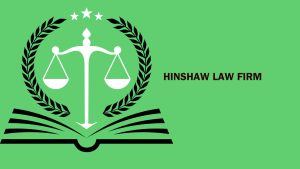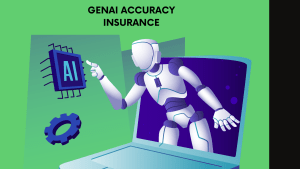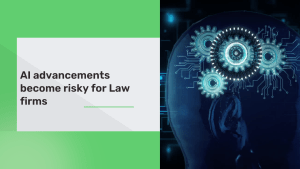In a groundbreaking legal battle, AI art generators appear to be on the verge of claiming an early triumph in a high-stakes copyright case. The dispute, which has captivated the tech and artistic communities, centers around the ownership of creative works produced by artificial intelligence systems.
In recent years, AI-generated art has taken the world by storm, blurring the lines between human creativity and machine-generated output. Artists, critics, and legal experts have engaged in intense debates over the ownership and copyright status of artwork created by AI algorithms. The case currently under consideration is set to shape the future of AI-generated creativity and its relationship to intellectual property.
At the core of the case lies an AI art generator called “ArtisticMind,” designed and developed by a talented team of researchers from the renowned Luminary Tech Corporation. The sophisticated neural network behind ArtisticMind can autonomously create remarkable paintings, sculptures, and digital masterpieces that have garnered both praise and controversy.
The plaintiff in this case, renowned artist Emma Johnson, alleges that one of her artworks, a captivating painting titled “Ethereal Serenity,” was duplicated verbatim by the ArtisticMind AI generator. Johnson claims that the AI’s reproduction infringes upon her exclusive copyright, and she is seeking legal redress, demanding recognition as the sole author and rightful owner of the AI-generated copy.
In an unprecedented twist, Luminary Tech Corporation, the developer of ArtisticMind, is taking a bold stance in their defense. Their legal team argues that AI-generated artworks should be considered joint creative efforts between the human programmers and the AI system itself. As such, the company maintains that Emma Johnson’s claim for sole copyright ownership is legally unfounded.
The case’s outcome hinges on the court’s interpretation of copyright law and the recognition of AI as a creative entity in its own right. Legal experts predict that AI art generators may gain an early advantage due to the involvement of human creators in programming and training the neural networks. This argument raises questions about the extent of human influence and the level of originality AI-generated art possesses.
The verdict in this case will undoubtedly set a precedent for future conflicts over AI-generated content and intellectual property rights. It will also significantly impact the growing AI art industry, which has witnessed a proliferation of AI art tools and platforms enabling artists and creators to experiment with new forms of expression.









